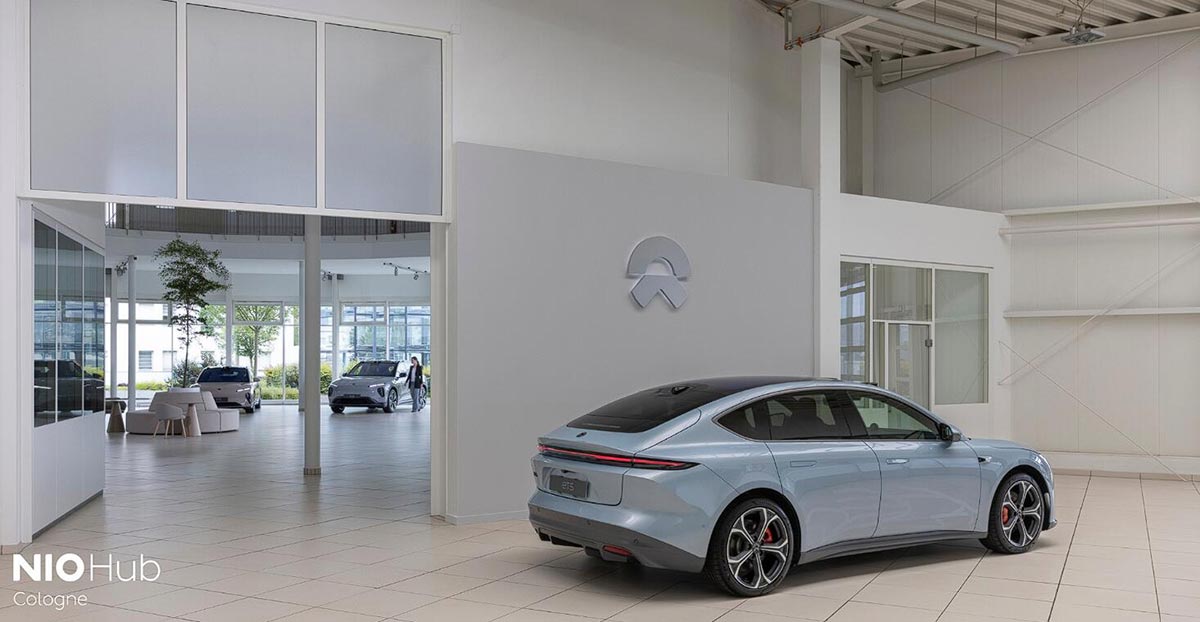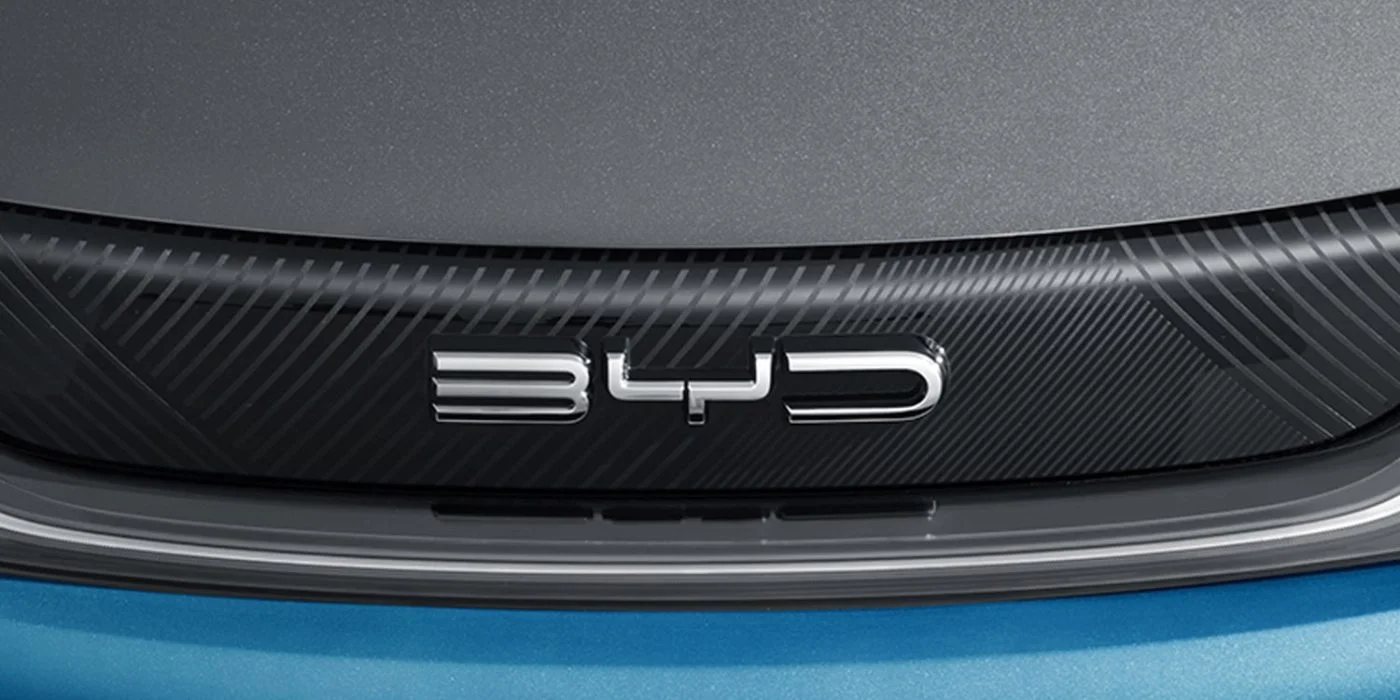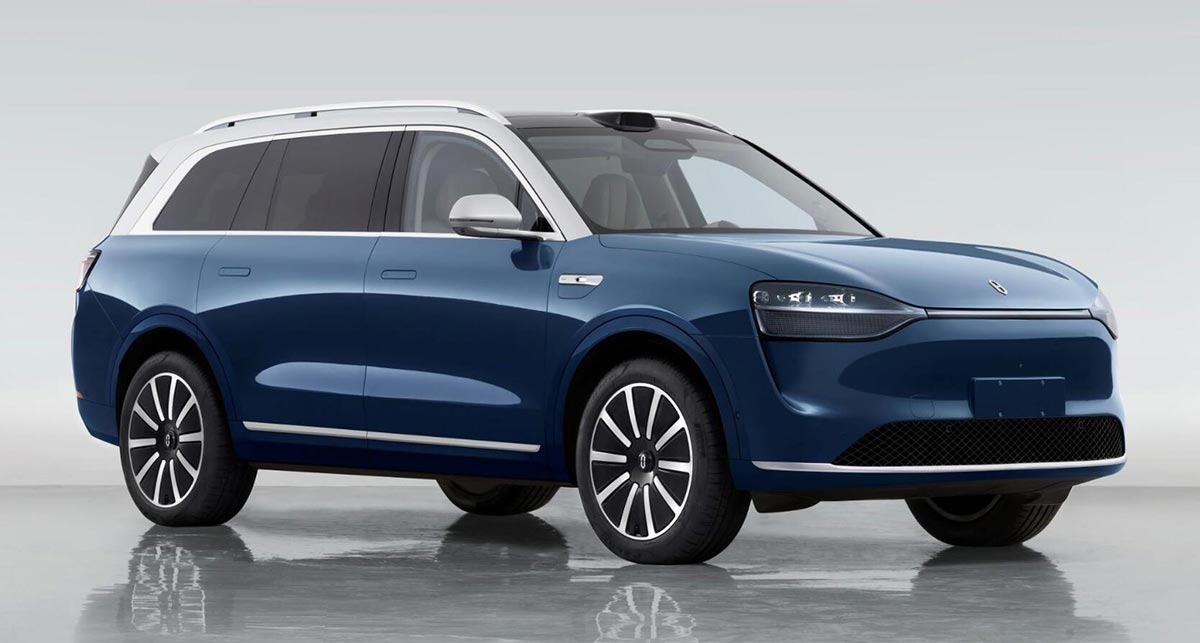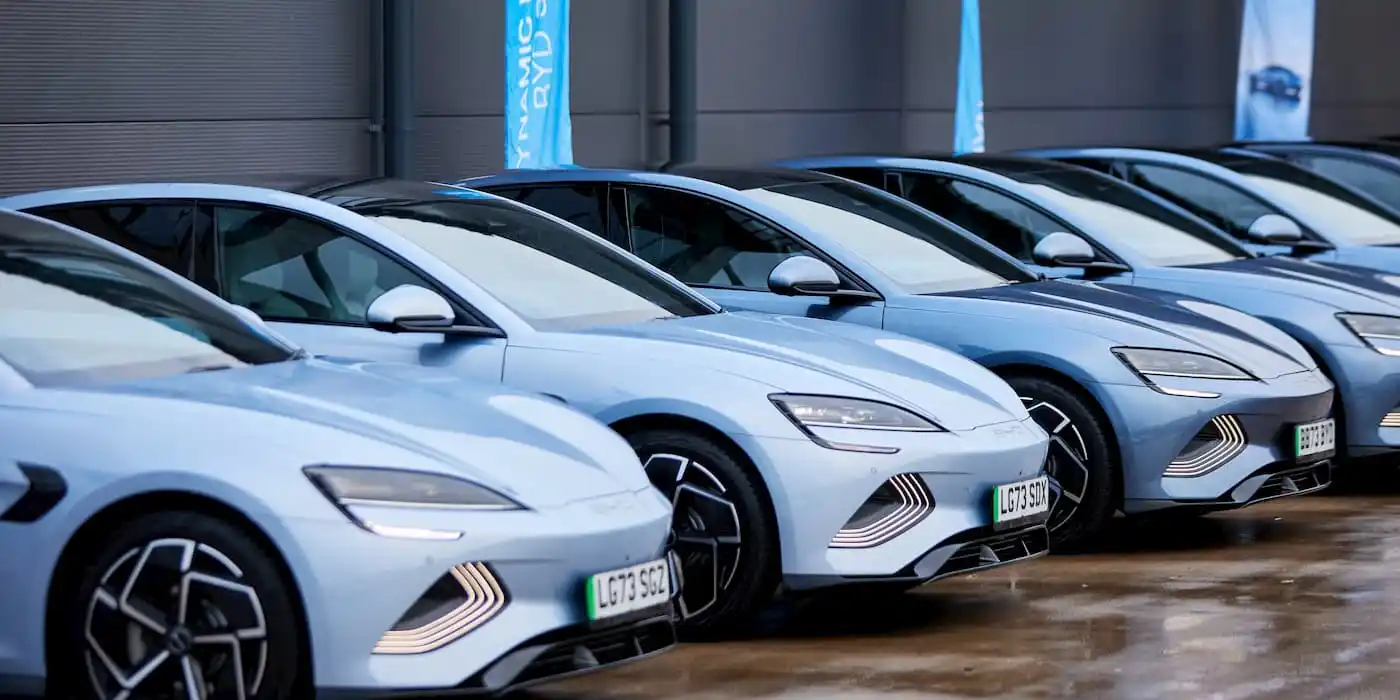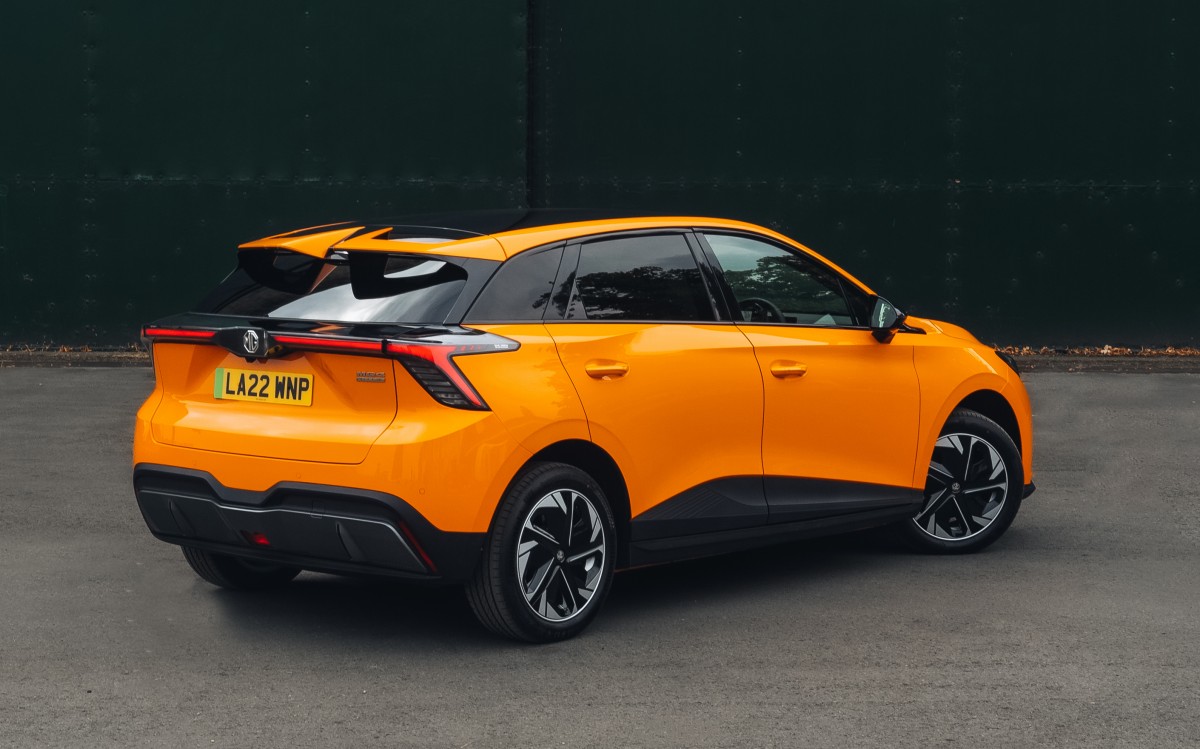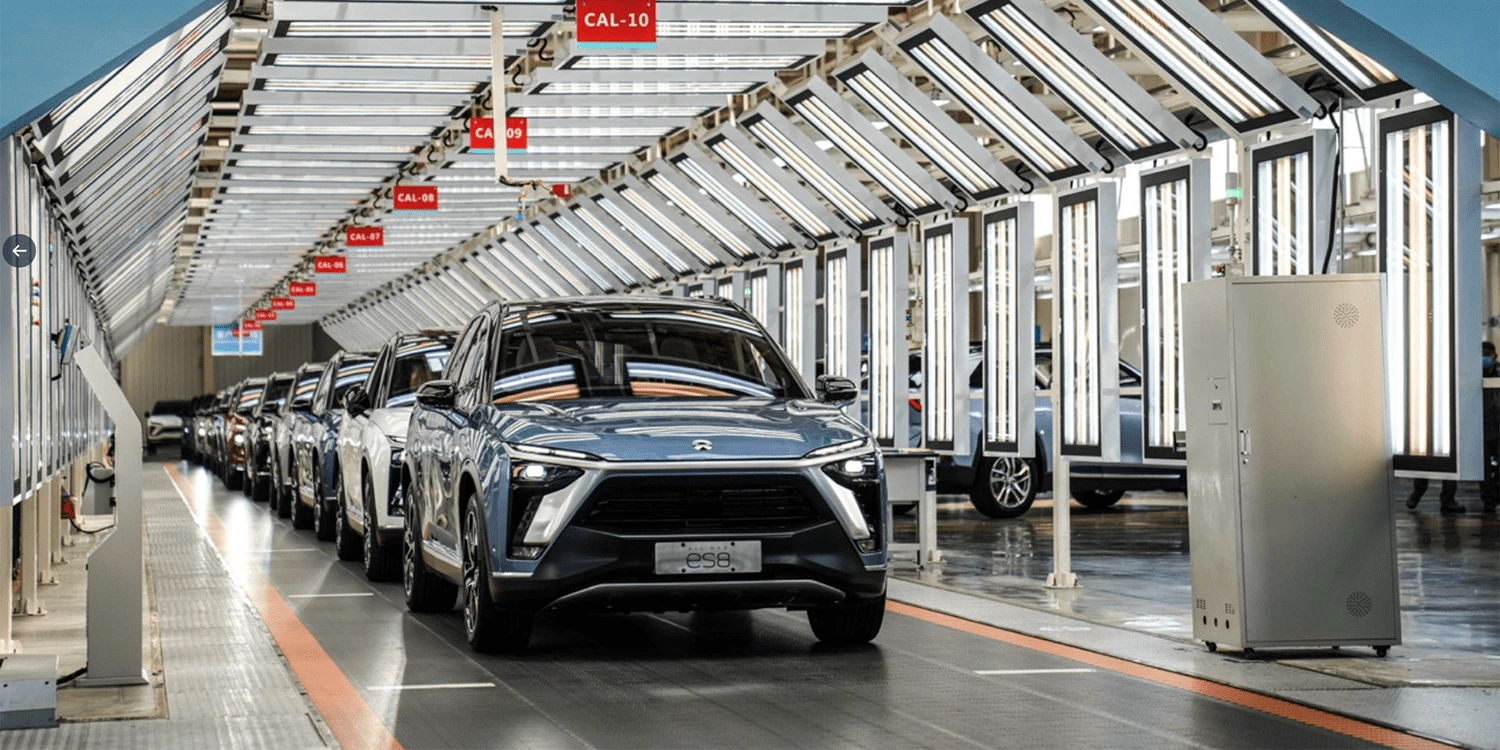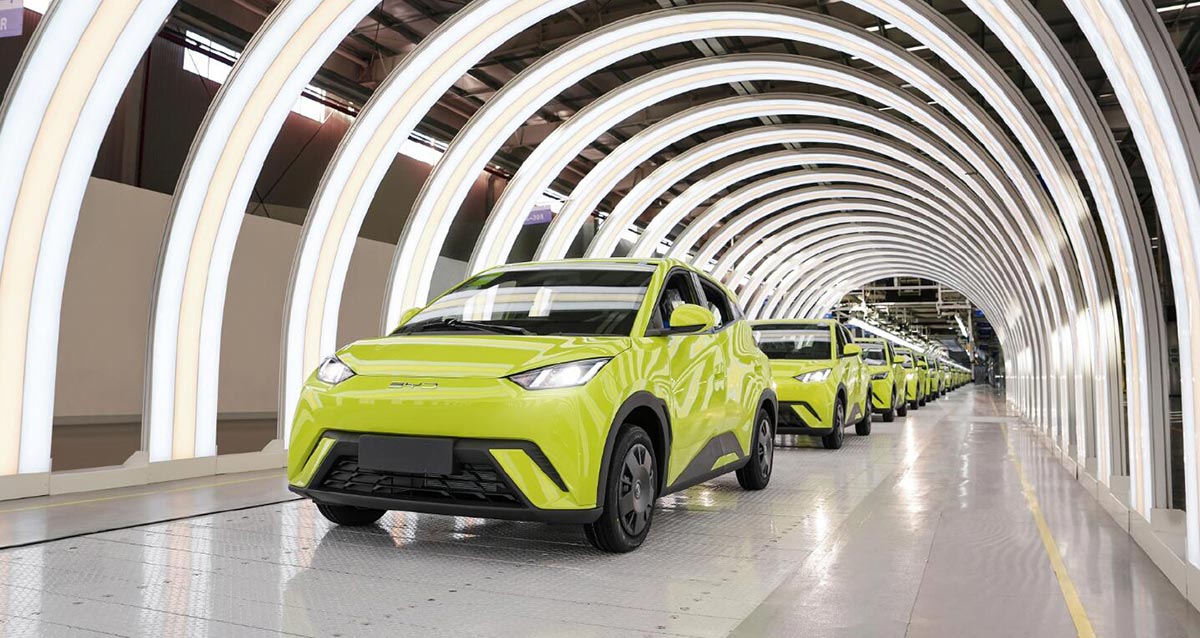In a bid to sway negotiations, Germany’s VDA automotive association has appealed to the European Commission to abandon its planned tariffs on Chinese-made electric vehicles (EVs). The association warns that such tariffs could adversely affect European and U.S. automakers exporting from China and provoke retaliatory measures from Beijing, potentially impacting Germany’s substantial automotive exports to China.
According to VDA, last year’s value of passenger car exports from Germany to China exceeded imports by more than threefold, with component exports four times higher than imports. Instead of tariffs, VDA advocates for prioritizing access to critical raw materials crucial for Europe’s EV sector, reducing market entry barriers, and enhancing trade policy transparency. The association proposes establishing a council to address these issues.
“Anti-subsidy tariffs are not an adequate measure to strengthen European competitiveness and resilience in the long term,” VDA stated, highlighting concerns over the proposed EU measures. Brussels, meanwhile, expects China to present solutions to address alleged unfair subsidies in its EV industry during ongoing technical discussions.
The call comes amidst reports of Chinese automakers urging retaliatory measures against European gasoline-powered car imports, underscoring the complex trade dynamics between China and the EU. German economists are reportedly divided on the efficacy of tariffs, reflecting broader concerns over potential trade tensions and geopolitical risks associated with EU-China relations.
“Dealing with China is challenging,” noted Ifo economist Niklas Potrafke, reflecting on the complexities of navigating economic strategies and maintaining open trade policies.

